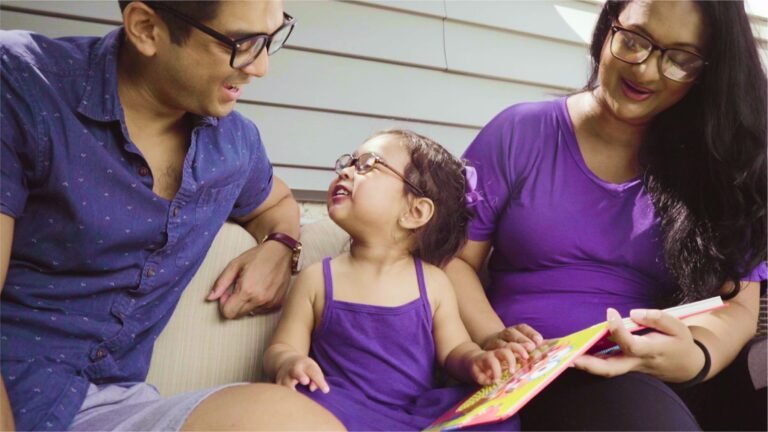
How Pediatric Neurology Evaluates Seizure Disorders in Children
Pediatric neurology evaluates seizure disorders in children through a detailed assessment that includes a thorough medical history, neurological examination, and diagnostic testing. Physicians begin by gathering information about the child’s seizures, including their frequency, duration, triggers, and any associated symptoms. A neurological exam is then conducted to assess motor skills, reflexes, sensory function, and cognitive abilities.
Diagnostic tests will confirm and classify seizure disorders. An electroencephalogram (EEG) measures electrical activity in the brain and detect abnormal patterns associated with seizures. Additional imaging studies, such as magnetic resonance imaging (MRI) or computed tomography (CT) scans, may be performed to identify structural abnormalities or lesions. In some cases, pediatric neurology genetic testing and metabolic evaluations are conducted to determine if there are hereditary or biochemical factors involved.
Comprehensive Medical History
A detailed medical history helps identify potential triggers and underlying causes of seizures. Pediatric neurologists gather information about birth history, developmental milestones, and previous seizure episodes. They also assess family history for epilepsy or other neurological conditions. Identifying potential triggers such as illnesses, medications, or sleep deprivation is crucial for an accurate diagnosis.
Physical and Pediatric Neurology Examination
A thorough physical and neurological exam evaluates the child’s overall health and identifies any abnormalities. The exam helps detect subtle signs that may indicate an underlying condition affecting the seizures. This step ensures a comprehensive understanding of the child’s neurological status.
Diagnostic Testing
Advanced diagnostic tools help confirm a seizure disorder diagnosis. An electroencephalogram (EEG) measures brain activity and detects abnormal wave patterns. Neuroimaging studies, such as MRI or CT scans, identify structural abnormalities or brain injuries. These tests provide essential insights into the brain’s condition and function.
Blood Tests
Blood tests help rule out metabolic or systemic causes of seizures. They check blood sugar levels, electrolyte balance, and signs of infection. Detecting metabolic disorders through blood tests aids in determining the most appropriate treatment.
Evaluation of Seizure Type
Classifying the seizure type is essential for accurate diagnosis and treatment. Neurologists assess the seizure’s frequency, duration, and characteristics. Seizures are categorized as focal (partial), generalized, or another specific type.
Genetic Testing
Genetic testing may be necessary if there is a family history of epilepsy or specific clinical signs. Identifying genetic mutations can confirm the diagnosis and guide treatment. This step is particularly important for children with unexplained seizures or treatment-resistant epilepsy.
Developing a Personalized Treatment Plan
A customized treatment plan is created based on the evaluation findings. Medications, such as anti-epileptic drugs, are prescribed based on seizure type and the child’s needs. Dietary therapies like the ketogenic diet may be considered for medication-resistant cases. Surgical interventions may be an option for seizures caused by structural brain abnormalities.
Long-Term Follow-Up and Support
Seizure disorders require ongoing monitoring and adjustments to treatment. Regular follow-ups ensure the child’s response to treatment is evaluated and necessary modifications are made. Comprehensive support includes managing developmental, medical, and psychosocial challenges for the child and their family.
A Supportive Approach to Seizure Disorders In Children
Medical advancements have improved seizure management, allowing many children to lead fulfilling lives. Pediatric neurologists follow a structured evaluation process to ensure expert, personalized care. If your child experiences seizures, consult a pediatric neurologist for early evaluation and intervention. Proper diagnosis and treatment provide the best chance for improved outcomes and peace of mind.
